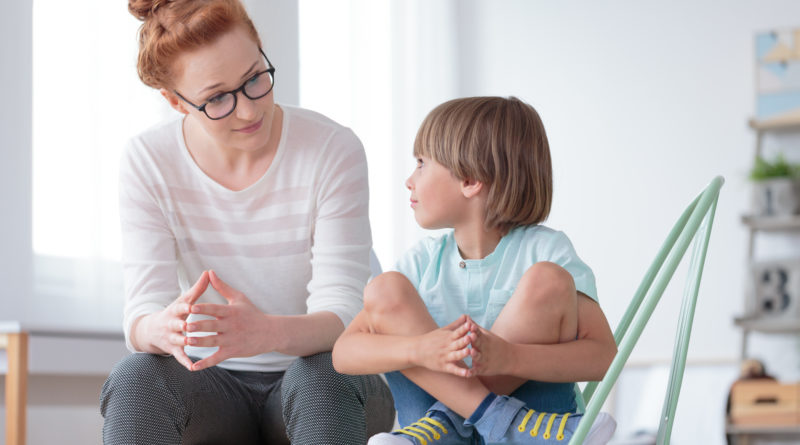Talking To Your Child about Bullying
1,498 total views, 1 views today
The thought of sending your child off to an environment without your supervision can be very scary for you as a parent.
All children come to school with a different story, but they usually have the same desire: to be loved and acknowledged by their classmates and teachers. We had had the chance to connect with these kids, we have seen what reverberates with them and what doesn’t, and we’ve come to you with this information to help you through these discussions with your kid.
Here are four things to consider as you talk to your child:
- Let your kid know that you’ve gone through the same experiences
It is critical to let your child know that you battled with the same problems or feelings that they might be facing today. Many have found that sharing their own stories allows for an environment that lets youngsters feel comfortable enough to share their own stories and listen to yours. Relating to your child is really important to enable them to fully comprehend what they’re experiencing.
- Don’t judge them
Your natural reaction to listening to your child might be to give your opinions right away. Try as much as possible to let them speak first. You want to create an environment that ensures an open, ongoing dialogue. Respecting their voice can prove to be highly liberating for them.
Once they are done talking, pause for a minute to digest what you heard. It might be tragic or enraging, contingent on the situation.
Here are a few ways to respond to various situations:
If your child is being bullied: When you are in school, it may be difficult to comprehend that there is a great deal more to life.
There were times when I felt like I was alone and I was terrified of waking up every day, knowing I would have to face people in school. In retrospect, I wish I could have gone back to tell myself I would be alright, and my life will be filled with great friends and amazing experiences. Know that whatever difficulty you are facing right now, has nothing to do with who you are, and more often than not has everything to do with a frailty inside the bully.
If your child is harassing others: One mean remark you make to someone may influence that person’s self-confidence, and self-esteem, even after 20 years. Realize that when you are older, you will think back with regret on the things you did. Also, you would prefer not to live with the heaviness of those thoughts. You have to apologize to whoever you might have harmed. Apologizing goes a long way not just in mending who you hurt, but yourself as well. You can choose to be thoughtful. It feels better.
On the off chance that your child is a bully, try not to point the finger at yourself and jump on the defense. Rather, understand that how you handle the situation is just as important as your child’s bullying. You have to realize that some of the best parents have children who are bullies. What matters is how you try to repair the situation.
- Urge your kid to find help
Regardless of whether your kid is being bullied or is bullying another kid, find them a counselor to help their healing process. You also need to help them remember that there is nothing wrong with seeking help.
- Encourage your child to try out extracurricular activities
Have an open conversation with your child about his or her interests. It could be sports, science, music or art. Let them get involved with these activities outside of school, so they can build their self-confidence.
Sending your child off to school might be terrifying, but through cultivating transparent discussions about bullying with them, you will impart confidence to help them stand strong for themselves and others.

